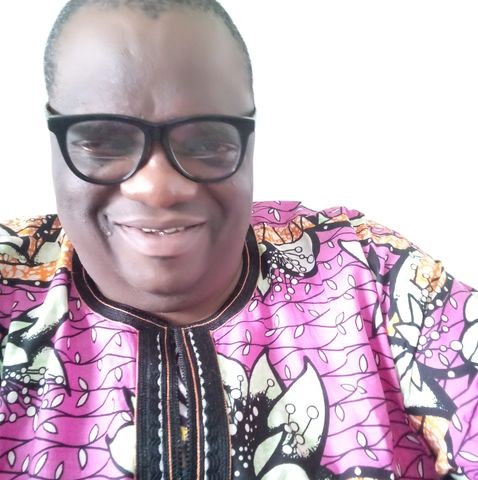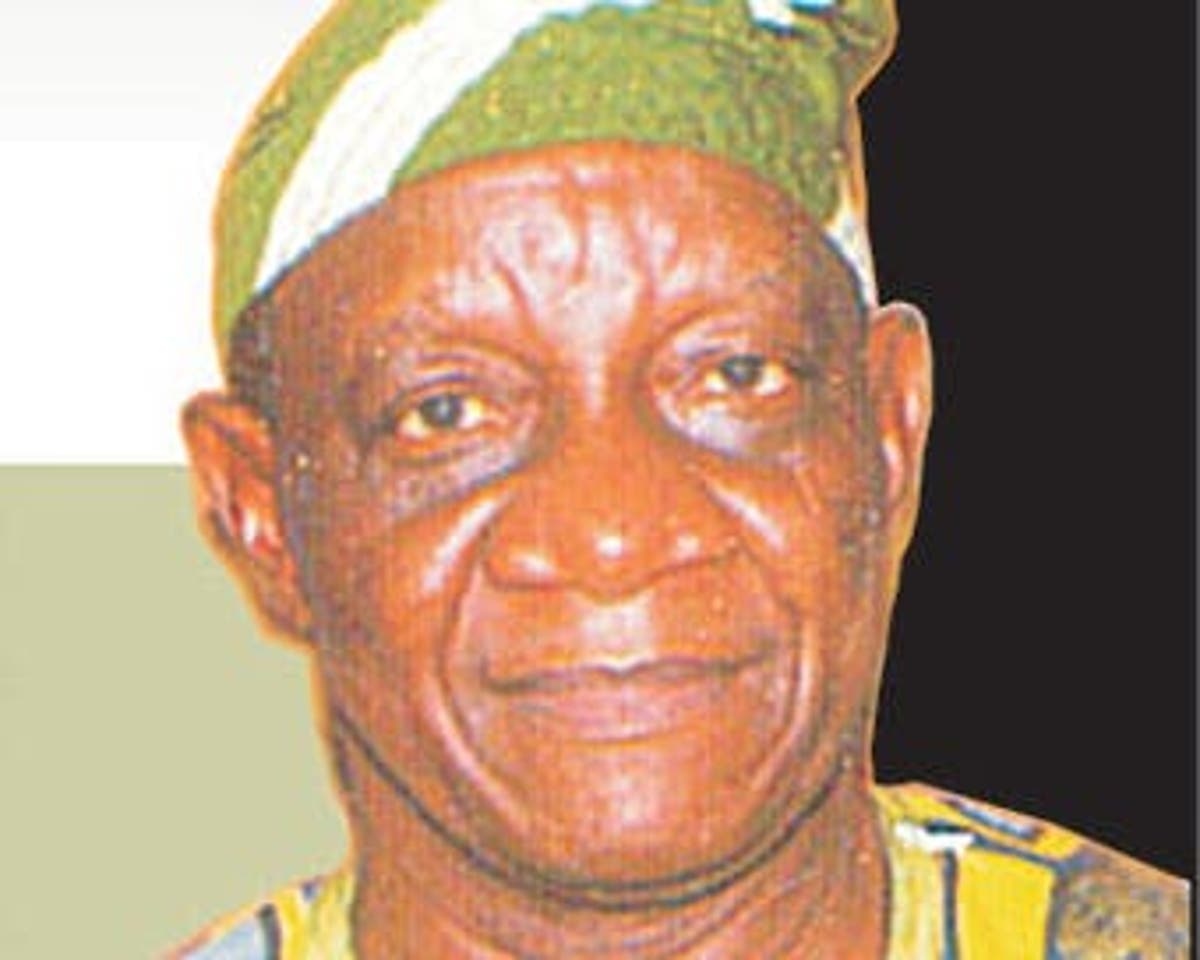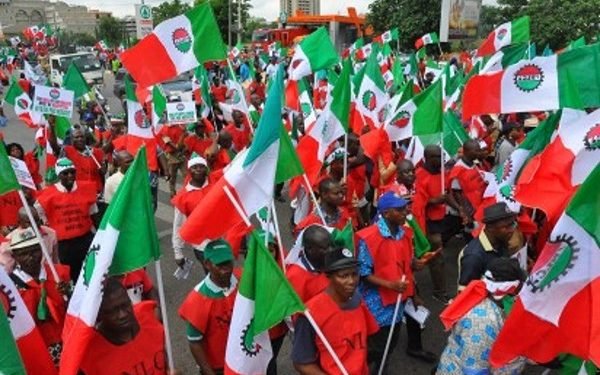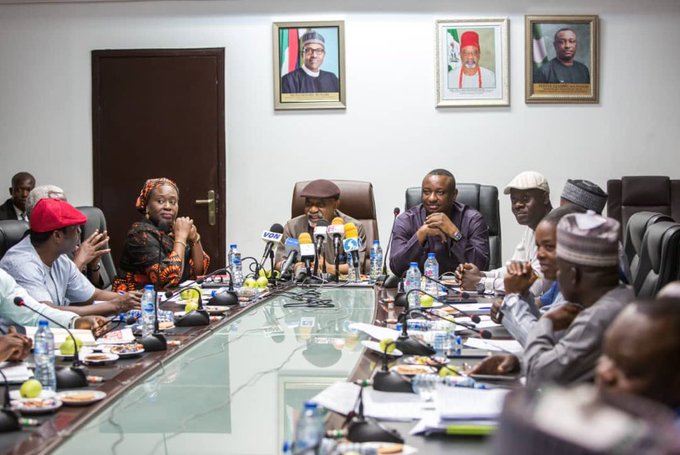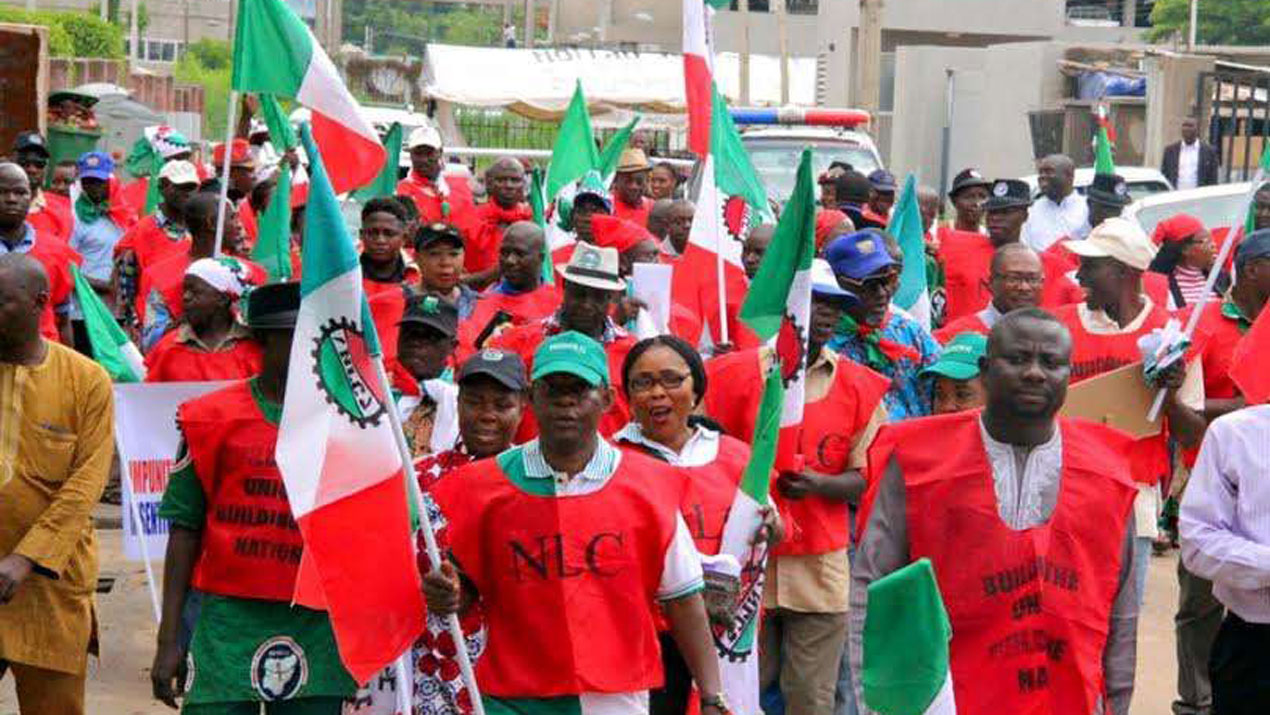Leadership of the Nigeria Labour Congress (NLC) on Thursday night said it won’t accede to plans by the Federal Government to fully deregulate petrol pricing because it is no longer able to sustain the subsidy regime.
TheNewsGuru.com, TNG reports that the Nigerian National Petroleum Corporation (NNPC) said it will stop bearing the N120 billion monthly subsidy on the cost of petrol consumption by Nigerians.
Group Managing Director (GMD) of the NNPC Mallam Mele Kyari said the subsidy era must end.
He spoke during the ministerial briefing at the State House in Abuja.
With him were Minister of State for Petroleum Resources Timipre Sylva and Executive Secretary of the Petroleum Technology Development Fund (PTDF) Dr Bello Aliyu Gusau.
TNG recalls that the minister on March 16, said in Ibadan, the Oyo State capital that petrol pricing would be fully deregulated before end of the year.
“Deregulation of PMS (petrol) has continued to elude us. We expect that this year, we will be able to achieve that,” he had said.
The NNPC boss on his part said the corporation absorbs the cost differential, which is recorded in its books.
He said while the actual cost of importation and handling charges is N234 per litre, the product sells at N162 per litre.
He said the burden had become too heavy for the NNPC to bear.
According to him, after talks with the Organised Labour, the market forces would determine prices of petroleum products.
Nigeria won’t bear burden of your inefficiency – NLC
Meanwhile, the Nigeria Labour Congress (NLC) President Ayuba Wabba in a reaction said the Federal Government should not pass the burden of petrol subsidy withdrawal to Nigerians.
It said Nigerians cannot bear the cost of petrol hike because they have been impoverished, adding that citizens should not be made to pay for the inefficiency of the government.
Wabba argued that an increase in the pump price of Petrol would erode the purchasing power of many Nigerians and further push them down the poverty line.
He said: “Nigerians also cannot bear it (the cost of petrol hike) because they are so impoverished that they can’t also bear the inefficiency of our system for these numbers of years.
“We are the only member of the Operation of Petroleum Exporting Countries (OPEC) that is importing refined products. It is because of the inefficiency of governments – both past and present – that we are not able to fix our refineries.
“For sure, many people have been pushed below the poverty line. Not only that, anytime you increase the price of petrol, prices of goods and services will go up and not only that, the purchasing powers of many Nigerians will also be eroded. It is between the devil and the deep blue sea.
“There must be a way to make sure that Nigerians don’t suffer the consequences of what they have not bargained for. Those are the clear issues i think should come out of these conventions.
“You are aware that economies around the world – including that of Nigeria – just came out of recession and many businesses are not doing well or they have closed and many individuals, including workers, have been pushed almost to the wall.
“The consequences of fuel price hike will be so grievous, it will bring about instability, insecurity because where families can’t take care of their needs you should know also that everybody will be on their own and it will lead to some social consequences.
“We will not accept a situation where the burden will now be shifted from the government to Nigerians. We have submitted a document to point out that 159 countries still subsidise energy in this challenging period.
“Government must find means to make sure that we don’t transfer this inefficiency to the Nigerian public.
“The figure (N120b) also quoted are issues that are associated with the so – called subsidy because even how many litres we consume per day has remained a controversy. In this type of situation this is where accountability and transparency comes in.
“The policy option of continuing to impose higher pay on Nigerians is not something that can be pushed down the throat of Nigerians at this very difficult time.”

